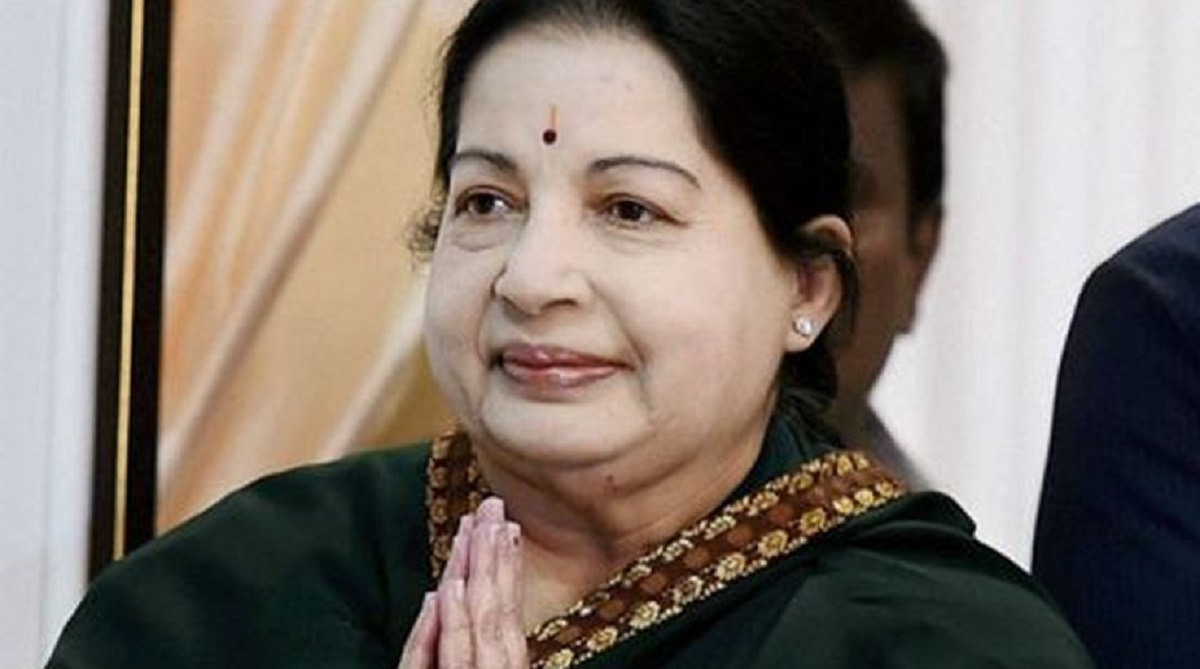In a strange case, the Madras High Court has overruled a verdict of the Supreme Court. The judicial adventurism has gone almost unnoticed. A Division Bench of the Madras High Court comprising Justices M Sathyanarayanan and P Rajamanickam ruled on 24 January that former Chief Minister of Tamil Nadu J Jayalalitha was not a convict in the disproportionate wealth case. Justices Pinaki Chandra Ghose and Amitava Roy of the Supreme Court on 14 February 2017 set aside an order of the Karnataka High Court acquitting Jayalalitha and restored the judgment of the Trial Court in toto. Special Judge J M D’Cunha, after elaborate evaluation of evidence and 18 years of hearing, convicted Jayalalitha and sentenced her to four years’ imprisonment and a fine of Rs 100 crore. As she died meanwhile, her jail sentence became infructuous. The Madras High Court held that the position of law in respect of an appeal is that after the death of the accused there could be no decision on the merits of the appeal. In the Supreme Court appeal, arguments were completed on 7 June 2016 and judgment reserved. She died on 5 December 2016. The verdict dismissing her appeal was delivered on 4 February 2017. In a separate but concurring judgment, Justice Roy said, “Corruption is a vice of insatiable avarice for selfaggrandizement by the unscrupulous, taking unfair advantage of their power and authority.” If a party dies after conclusion of arguments and the judgment is reserved, there is no question of abatement of appeal. The judgment pronounced subsequently shall have the same force and effect as if the judgment was pronounced before the death, according to legal experts. The Supreme Court Rules, 2013, provide that both in case of civil appeals as well as election petitions there will be no abatement if death takes place after conclusion of hearing. In a criminal appeal involving offences under the Prevention of Corruption Act where the allegation of acquisition of disproportionate wealth by a public servant is established, as in the Jayalalitha case, the death of the accused ought not to absolve her of the fine imposed by the court and her property could be confiscated to recover the penalty. VN Sasikala, Jayalalitha’s companion, VN Sudhakaran, her foster son and J Ilavarasi, accused number two, three and four respectively in the wealth case and all of them residents in her Poes Garden house and conspirators with Jayalalitha in amassing wealth disproportionate to her sources of income, are serving their jail sentences in Bengaluru, while the first accused has been cleared of her conviction by the High Court. The Tamil Nadu government of Eddapadi Palaniswamy has submitted a memorandum to Prime Minister Narendra Modi to confer the Bharat Ratna on Jayalalitha!













